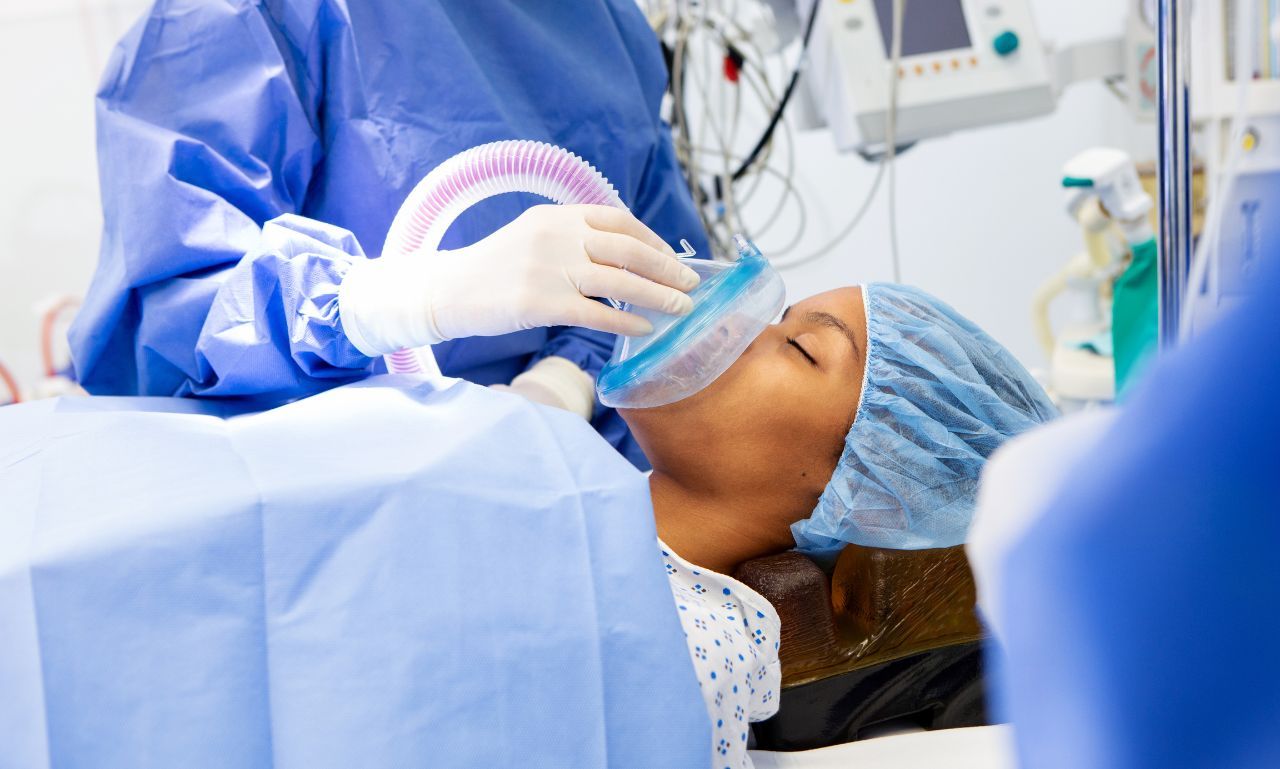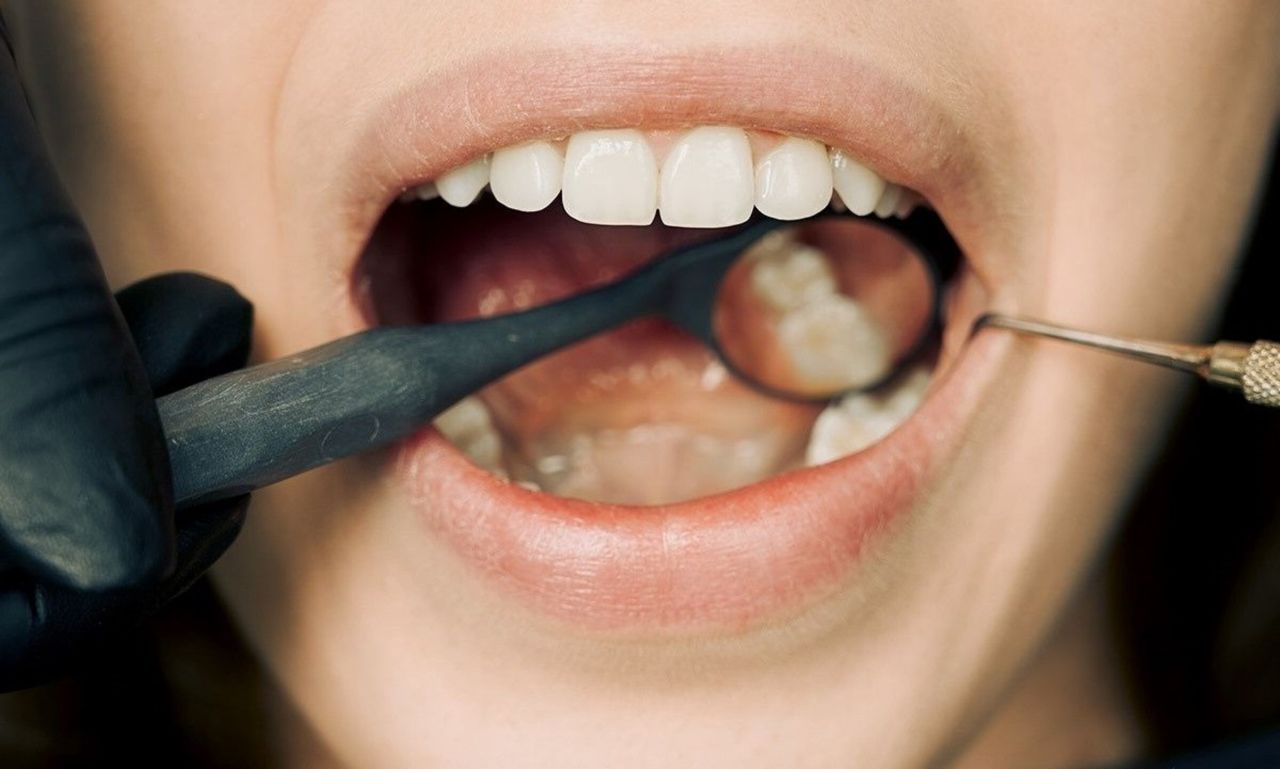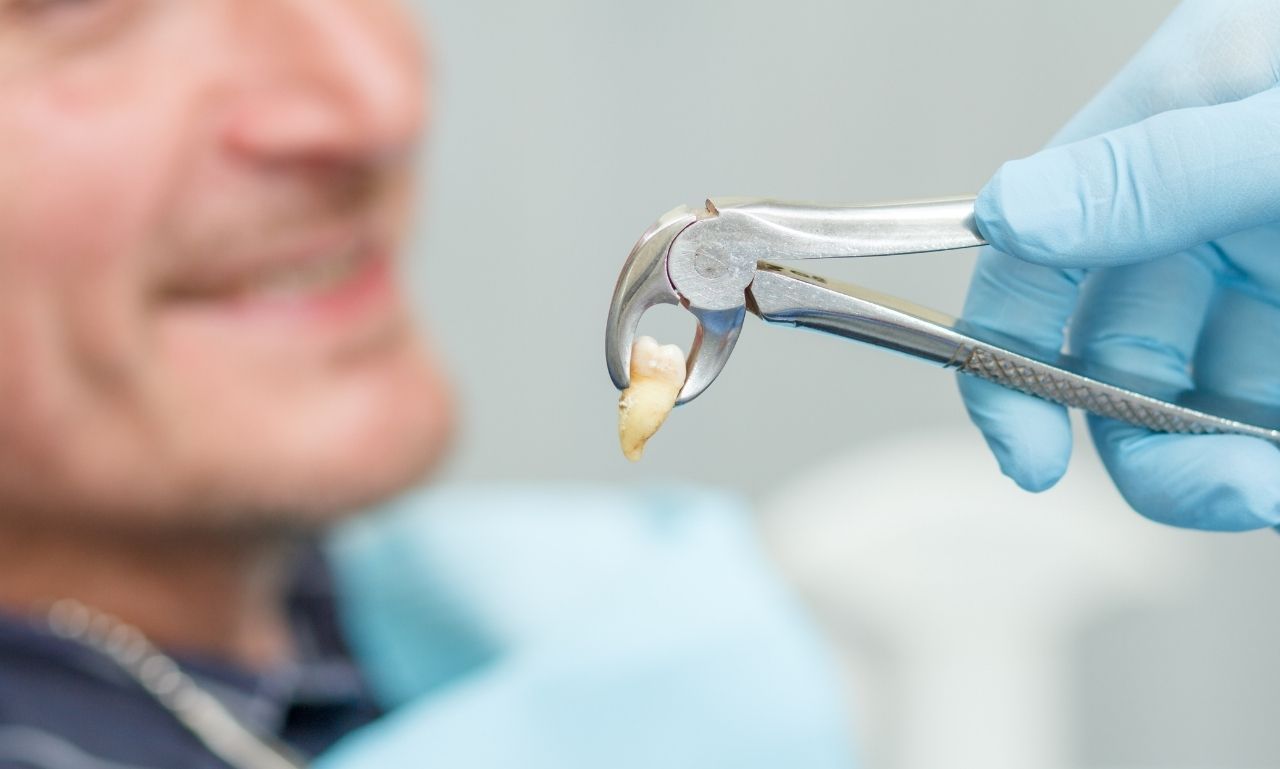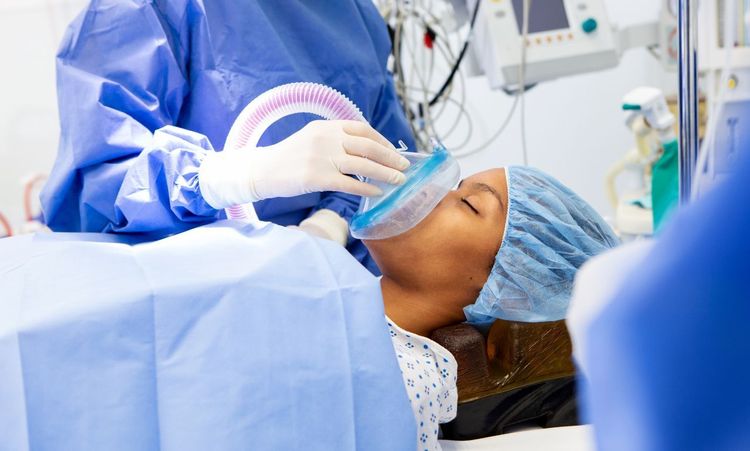Getting ready for your wisdom teeth extraction can be stressful. However, following directions can improve your surgical outcome. This guide shows you how to prepare for local anaesthesia wisdom teeth extraction. Proper preparation speeds up your recovery, and the procedure runs more smoothly.
What is Wisdom Teeth Removal?

Wisdom teeth, called third molars, typically emerge in late adolescence or early adulthood. For some people, wisdom teeth grow without issues. For others, they cause pain, infections, or overcrowding in the mouth. In these cases, removal becomes necessary to maintain oral health.
Preparation is critical for successful wisdom teeth removal. By following the proper steps, you can reduce discomfort and prevent complications. These steps also help your oral surgeon perform the procedure more effectively, ensuring the best results.
What Are the Symptoms of My Wisdom Teeth Coming In?
When wisdom teeth begin to emerge, several symptoms may appear.
- You may feel pain or discomfort in the back of your jaw.
- Swelling around the gums near the back molars is common.
- Difficulty opening your mouth fully.
- Bad breath or a persistent bad taste.
- Redness or tenderness in the gums.
If you notice any of these symptoms, consult an oral surgeon promptly. Starting treatment early helps avoid serious problems and makes the removal surgery simpler.
Pre-Operative Instructions
Eating and Drinking Guidelines
Before removing your wisdom teeth, you must avoid eating or drinking for at least six hours before surgery. Patients must also avoid water intake before anaesthesia because small amounts can affect the medicine's effectiveness. Fasting before surgery lowers patients' chances of experiencing treatment problems. Anaesthesia performs better when you follow these instructions.
- Eat light meals instead of heavy ones.
- Choose food that won't upset your stomach.
- Start your hydration early but end all liquid intake before the specified time.
Medication
Your oral surgeon may prescribe medications to take before the procedure. These could include antibiotics to prevent infection or other drugs to reduce swelling. Follow the instructions for these medications carefully. If you are currently taking over-the-counter medications, inform your surgeon in advance. Certain medications, like aspirin, can increase the risk of bleeding during the surgery.
Before your surgery day, bring a list of all medications you take, including those you buy without a prescription. Your surgeon needs to know this information to make necessary changes to your treatment. Good medication management helps to reduce risks and makes the treatment go well.
Clothing Recommendations
Choose loose-fitting and comfortable clothing. Shirts with short or loose sleeves should be chosen so medical staff can easily access your vital signs and give you medicine.
Keep your jewellery out of the way because it may interfere with the operation. Nail polish and heavy makeup are also discouraged. These items can interfere with the equipment used to monitor your condition during surgery. Dressing appropriately helps the surgical team focus on your care without unnecessary distractions.
Hygiene Preparation
Brush and floss your teeth thoroughly the night before your surgery to reduce the risk of infection. However, avoid brushing your teeth on the morning of the procedure. This prevents irritation and ensures the area is clean for surgery.
Your oral surgeon might recommend using an antibacterial mouthwash before the procedure. Follow their instructions carefully to ensure your mouth is as clean as possible. Good hygiene prepares you for surgery and contributes to a faster recovery.
What to Bring to the Appointment
It is crucial to be prepared for your wisdom teeth removal appointment. Bring all necessary documents, including your ID and insurance information. These are required for administrative purposes before the procedure begins.
You should also bring a list of all your medications, including the dosages. If your surgeon has prescribed post-operative medications, get the prescription details for the appointment. This allows the medical team to confirm everything is in order and provide any additional instructions.
Transportation Considerations
Although local anaesthesia doesn't cause the same drowsiness as general anaesthesia, you may still feel groggy after the procedure. Arrange for someone to drive you to and from the appointment. Having a trusted person accompany you ensures you get home safely.
If you feel anxious about the procedure, discuss sedation options with your surgeon beforehand. Nitrous oxide, also known as laughing gas, is a popular choice for reducing anxiety. It helps you relax without needing full sedation, making the experience less stressful.
How Long Does Wisdom Tooth Extraction Procedure Take?

The time needed for wisdom tooth extraction depends on how complex each case is. An extraction of a fully visible wisdom tooth requires only 20 to 30 minutes in a straightforward procedure. An extraction process for impacted wisdom teeth usually needs 45 minutes to 1 hour of surgery per tooth. The length of your wisdom tooth extraction depends on how far the tooth has erupted, where it sits in relation to nerves and sinuses, and the surgeon's surgical approach. Patients must invest time preparing for surgery and watching for recovery signs before and after their visit.
The operation takes less time, but patients who feel nervous or uneasy may experience the entire visit for as long as possible. Patients opt for sedation because it helps them handle the process better without feeling stressed.
Do You Have to Be Sedated for Wisdom Teeth Removal?
Patients do not need to be sedated during their wisdom teeth removal procedure. The need for sedation depends on how difficult the extraction is, how anxious the patient feels, and what the oral surgeon recommends. Patients needing simple tooth removal of fully erupted teeth can handle their pain with local anaesthesia alone.
Most people choose sedation because it makes their wisdom teeth removal experience more relaxed. Patients also choose sedation because it helps them relax when they feel nervous about dental work or need treatment for challenging tooth removal. At the consultation, oral surgeons explain sedation choices so patients can choose based on their medical background and treatment requirements.
Your choice of sedation depends on what works best for you. Some patients prefer local anaesthesia alone, but many need to be sedated for their dental procedure to feel relaxed.
Types of Sedation for Wisdom Teeth Removal
Oral surgeons design sedation plans based on how patients want to feel during treatment. Local anaesthesia is the simplest choice to block pain in the tooth extraction area. Patients stay awake during treatment because the treated area becomes numb. Doctors use local anaesthesia alongside other sedation methods to treat more difficult dental procedures.
Patients choose nitrous oxide for wisdom teeth extraction because this gas helps them relax while staying awake. The sedative starts working fast and disappears from the body quickly so patients can heal quickly. Those needing stronger sedation can take pills as their sedation method. The treatment creates deep relaxation in patients who stay awake during their appointments.
The standard method of delivering sedation through an intravenous line provides patients with deeper relaxation. Oral surgeons control the amount of sedation through an IV line that sends medicine directly into the blood circulation. Doctors use general anaesthesia exclusively for difficult dental procedures. During general anaesthesia, patients stay fully asleep throughout their treatment. The method is best for patients who need extensive surgical procedures on their impacted teeth.
Benefits of Sedation for Wisdom Teeth Removal
Sedation brings many advantages that make wisdom teeth removal better for patients. One of the primary advantages is reduced anxiety. Sedation helps patients feel calm and relaxed during dental procedures because they fear dental work.
Another significant benefit is pain management. The pain-relieving effect of local anaesthesia becomes stronger when patients receive sedation before their extraction. For significant operations requiring greater relaxation, the treatment helps patients avoid feeling vulnerable and anxious.
Sedation also enables the oral surgeon to work more efficiently. Relaxed patients are easier to treat, allowing the surgeon to focus on precision without interruptions. Sometimes, sedation can shorten the procedure time, as patients are more cooperative and still during the surgery.
Lastly, sedation often leads to a better recovery experience. Patients who undergo sedation typically report less post-operative discomfort and stress. They are also less likely to remember the details of the procedure, which can be beneficial for those with significant dental anxiety.
Post-Procedure Expectations
How Will I Feel After My Wisdom Teeth Removal Surgery?
It is expected to experience some discomfort after the procedure. Swelling in the jaw area usually peaks within the first 48 hours. Ice packs can help reduce the swelling and make you more comfortable. Light bleeding is also common immediately after the surgery. If bleeding persists or becomes heavy, contact your oral surgeon.
Pain is another common post-operative symptom. Your surgeon may recommend over-the-counter pain medications or prescribe more substantial options. Take these medications exactly as directed to manage discomfort effectively. Drowsiness is a side effect of both the anaesthesia and certain pain medications. Plan to rest for the remainder of the day to allow your body to recover.
What Are the Risks of Wisdom Teeth Removal Surgery?

Wisdom teeth removal is routine, but like any surgery, it carries some risks. Dry sockets can occur if a blood clot fails to form correctly in the extraction site. This condition can be painful but is treatable with follow-up care.
There is also a small risk of damage to nearby teeth or nerves, especially in complex extractions. Infections are rare but can happen without proper care during recovery. After this procedure, Many experience only brief or lasting numbness in their lips and tongue. Understanding these surgery risks helps you know what to expect before your procedure.
Conclusion
Getting ready for your local anaesthesia wisdom teeth extraction should not make you anxious. Following your oral surgeon's instructions and sharing your concerns ahead of surgery will make your procedure safer and run better. Ensure you have transportation ready and keep yourself clean while taking important appointment documents. Preoperative preparation helps both your surgeon and your post-operation recovery. If you have any additional questions or concerns, don't hesitate to contact your oral surgery team. Taking these steps sets you up for a successful and comfortable experience.




